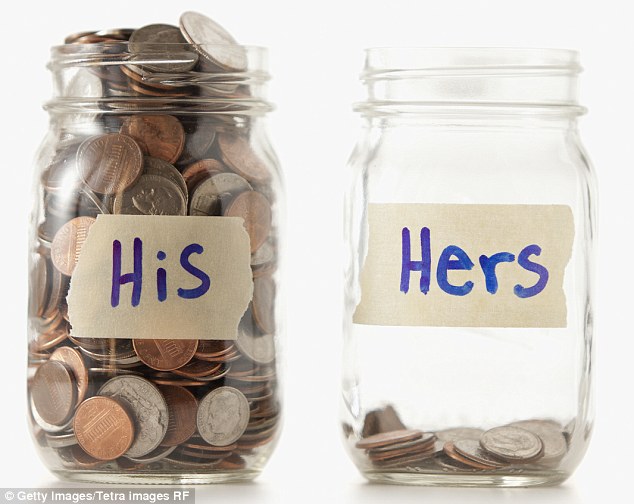Women AREN'T Equal Yet
Recently, I posted about the issues college graduates face after the ceremony is over and they begin the struggle to find a job. However, the injustice of the job market is more complex than this.
In the past 25 years, equality for men and women in the workplace seems like it has come a long way. However, as the statistics show, this is not the case. In 1990, it was reported that the difference between male and female college graduates was an hourly wage of $17.78 (men) and $16.45 (women). In 2015, it was reported that college educated men gain an hourly wage of $19.64, while their women “counterparts” only obtain an intake of $16.56 an hour. Not only has the gap between male and female college degree holders widened, but women have only come so far as a 10 cent increase over the past 25 years. Both sexes have gone through college, and have the same debt to settle, yet one will presumably be debt free soon simply because of the sex they were born into.
There are various factors that are considered when understanding how this pay gap is broken down. Every state has a different median annual earning, and every state has a different gap percentage. While Washington D.C. has established a 90% pay gap between men and women as of 2014, the numbers are different everywhere. On the lower side of the spectrum is Illinois, for example, where women earn only 79% of men’s wages for full-time employment. Such prejudices are not only limited to sex, but also include a wage gap of race and ethnicity. The fracture in income between an African American woman and a white man is 63%. The difference between Hispanic or Latino women and white men is nearly 56%.
So how can we push forward to solve this issue? We need to put in place an equal payment plan for every individual, regardless of sex, race, or ethnicity. Whether that be taking the gap money between men and women and ethnicity, and at the very least splitting it equally among everyone. Or increasing womens’ pay to what they rightfully deserve. Either way, the system demands change, and this would be a start.
Yesterday, my mother told me that this goal would never happen by the end of her professional life-time. How can we strengthen organizations like the National Committee on Pay Equity, whose annual equal pay day was celebrated just last month. And yet made up holidays like sibling day, which is two days before equal pay day, get more buzz. Why is this critical issue seemingly tossed aside? We need to start by spreading the word. Talking and strategizing are the key to educating others, which is the first step in making this idea a reality during our lifetime. The change starts with you, the one person that can change your situation and help lend a hand in changing others’ circumstances.
[youtube id="9ilSeJ6B5ro"]
As Daniel Craig once said, “Women are responsible for two thirds of the work done worldwide, yet earn only 10 percent of the total income and own 1 percent of property. So, are we equals? Until the answer is yes, we must never stop asking.”

